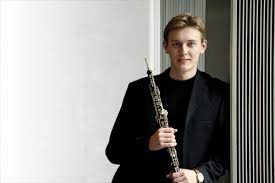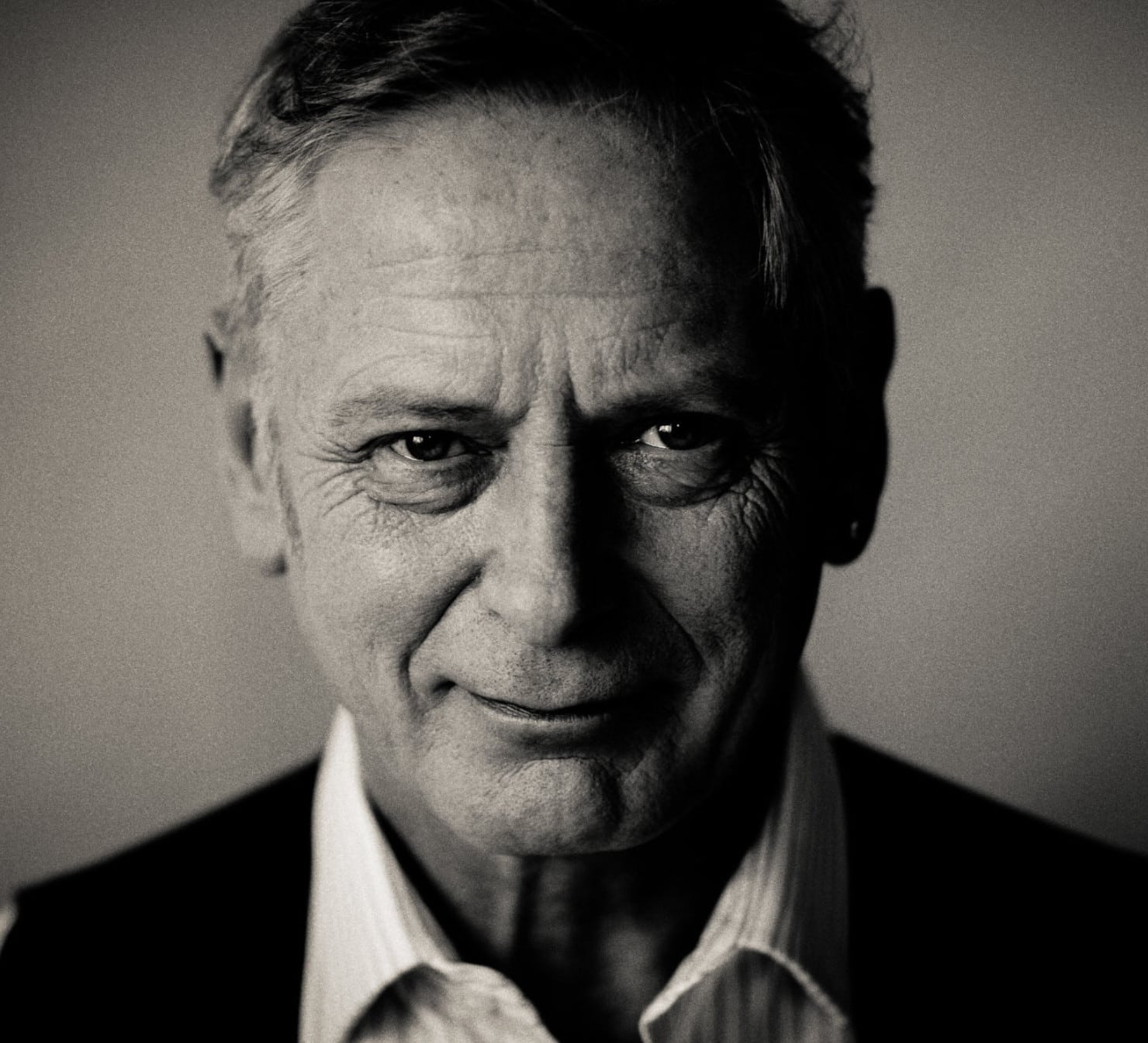Russian wins principal oboe at Concertgebouw
mainIvan Podyomov, 29, originally from Archangelsk, is the new co-principal oboe of the Royal Concertgebouw Orchestra.
He will share the seat with a fellow-Russian, Alexei Ogrintchouk.

Ivan writes: It’s a huge honour for me to become a part of this fantastic orchestra and especially incredible and touching is to be a colleague of my dear friend Alexei Ogrintchouk, whose very kind participation has been so significant for me during last almost 23 years that we know ea





So much for the Dutch school of oboe playing……and I hope he can get along with Alexei Ogrintchouk!!
“So much for the Dutch school of oboe playing……”
The reason why non-Dutch players have succeeded over native Dutch players/players exclusively trained in the Netherlands in gaining positions in the orchestra, particularly in the woodwind and brass sections, is addressed by members of the orchestra in a NPO/AVROTROS series titled “Bloed, zweet en concerten”; in English, “Blood, sweat and concerts” (http://web.avrotros.nl/bloedzweet/overzicht/concerten#facet_category:uitzendingen|view:cellsByRow).
To paraphrase what the players said, considering only Dutch/Dutch-trained musicians for given vacancies would compromise the quality of the ensemble, as, in present times, foreign-trained musicians frequently trumped the Dutch competition in “skill, ability and qualifications”.
There are really very little to no national schools of oboe playing (except Viennese) left in Europe.
One of the principals of Berlin is from England.
A new principal of London is French.
Concertgebouw has two Russians.
Bayerisch Rundfunk is Spanish.
An instrument that once had rich regional/national styles which contrasted each other have become homogenized. Look at the bios for most of these players and you will find common teachers for many of them.
The instruments, too, have become very, very similar recently.
Btw…after listening to this Alexander fellow’s YouTube recordings…he is most definitely a bad ass and I look forward to hearing him in person.
I agree that Vienna has a very distinctive oboe sound, but I think I can often tell a US oboe player because of their especially open and sweet tone; at least that is what I associate with Chicago and New York.
It remains to be seen if the “period practice” movement will to some extent return a bit of local flavour to the mix.
The American oboe school/sound stems from Frenchman Marcel Tableau, the Philadelphia Orchestra’s principal under Stokowski and later, Ormandy. He taught at Curtis where his students went on to become principals in almost all American orchestras. We are now into a 3rd generation of this lineage.
For my taste, the European oboe sound more closely resembles that of a soprano saxophone, while the American quality is perhaps more reedy with a narrower vibrato.
That’s Tabuteau – damn spell-checker
I meant I look forward to hearing IVAN in person…. I already know Alexei is excellent!
Ivan is exceptional not only as a soloist but also an sensitive ensemble player. A prize winner who has not just talent, but also a lovely personality. Definitely among the best of all young players internationally. Look forward to great oboe duets in the future from these two Russians.
Off track here, but my oboe teacher went to Russia during the Soviet era and heard the Leningrad Philharmonic among other orchestras and remarked that at that time (mid-1960s), most players he encountered played metal oboes! Is there anyone out there who might have a similar memory of that? And if so, any knowledge of why that was the case? Or did I dream this???
I’ll note that metal oboes (and clarinets) were not unknown in the mid 20th Century
an example currently on ebay…
http://www.ebay.com/itm/Antique-metal-oboe-by-Moennig-Brothers-/291694813911?hash=item43ea5da2d7:g:INEAAOSw–1Wqp5~
I think that the two of them are joint principals, i.e. equals and they each do half the work. Co-principal would suggest that he is the no. 2. This is the common arrangement in US orchestras, but not in European ones.
There were definitely reports of metal oboes used in Mother Russia after Ww2. Oboes, being scarce and fickle in the lovely Russian weather were tried in many different materials. Metal oboes in marching bands were an experiment in the west, also.
In 1959 on a tour in England the principal oboe of the USSR state symphony showed his oboe and gave reeds to a Brittish oboist. It was noted that his oboe was of an antiquated key system and his reeds fit this oboe by being much wider( Ledet).
The metal oboe in the ebay reference above does seem to have some simplifications (open holes, no “split E”, no articulated C#).
Interestingly, it has fully-automatic octaves which would indicate it is designed for the German market.
I wonder what it sounds like?
What’s happening with Lucas Macias Navarro? I really like his playing.
He’s a professor for oboe at the HfM Freiburg (a position he took over from Prof. Hans Elhorst). I also wondered why he left the Concertgebouworkest.
Apropos the American oboe sound comment: Richard Woodhams, principal in Philadelphia, is said to have described it as, “A bright central star surrounded by a halo of junk.” I’ve always thought that was an excellent description…